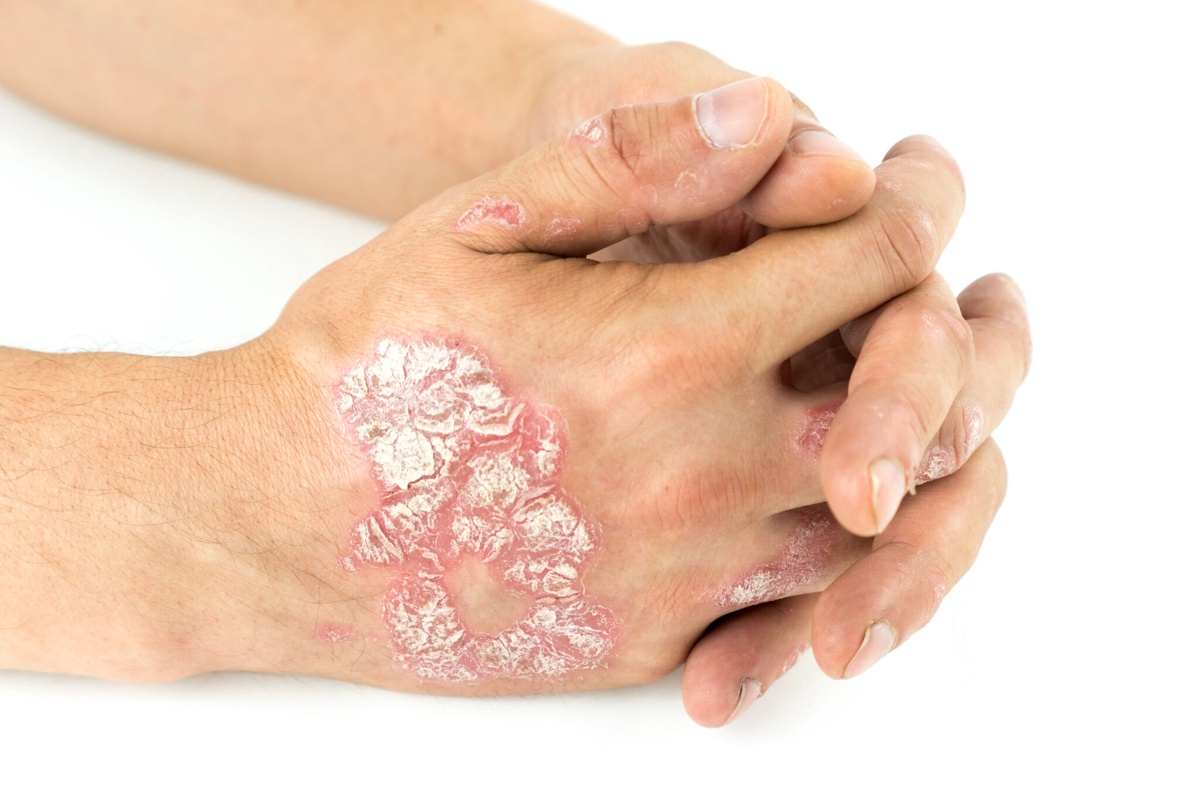Introduction
Psoriasis is a chronic autoimmune skin condition that affects millions of people worldwide. While there is no cure for psoriasis, a well-balanced diet can play a crucial role in managing its symptoms and improving overall health. In this blog, we will explore essential dietary tips for individuals living with psoriasis, focusing on foods to avoid and incorporate into their diet to promote skin health and well-being.
- Understanding the Psoriasis Diet
The psoriasis diet involves making mindful food choices to reduce inflammation and support the immune system. This approach aims to alleviate symptoms such as red, scaly patches, itching, and discomfort. Incorporating nutrient-rich foods and steering clear of trigger foods can lead to a significant improvement in psoriasis management.
- Foods to Avoid with Psoriasis
Certain foods have been known to exacerbate psoriasis symptoms and trigger inflammation. While these may vary from person to person, some common foods to avoid include:
a) Red Meat and Processed Meats: High intake of red meat and processed meats can lead to inflammation due to their high saturated fat content.
b) Dairy Products: Full-fat dairy products may worsen psoriasis symptoms for some individuals, likely due to their inflammatory potential.
c) Gluten: Gluten, found in wheat, barley, and rye, might contribute to inflammation in some people with psoriasis.
d) Nightshade Vegetables: Tomatoes, potatoes, peppers, and eggplants belong to the nightshade family and could potentially worsen inflammation in certain individuals.
e) Refined Sugars and Sweets: Consuming excessive sugary treats and refined carbohydrates can trigger inflammation and negatively impact overall health.
f) Alcohol: Alcohol consumption may increase inflammation and interfere with psoriasis treatments.
- Psoriasis Treatment Diet
While it is crucial to avoid trigger foods, a psoriasis treatment diet should also include foods that actively promote skin health and reduce inflammation. Here are some beneficial foods to incorporate into your diet:
a) Fatty Fish: Omega-3 fatty acids present in fatty fish like salmon, mackerel, and sardines have anti-inflammatory properties and can help manage psoriasis symptoms.
b) Colorful Fruits and Vegetables: Rich in antioxidants, vitamins, and minerals, colorful fruits and vegetables such as berries, oranges, spinach, and broccoli can aid in reducing inflammation and boosting immune function.
c) Whole Grains: Opt for whole grains like quinoa, brown rice, and oats, as they provide more nutrients and are less likely to cause inflammation than refined grains.
d) Nuts and Seeds: Walnuts, flaxseeds, and chia seeds are excellent sources of omega-3 fatty acids and antioxidants, which support skin health.
e) Herbal Teas: Certain herbal teas like chamomile and turmeric may have anti-inflammatory effects and can be beneficial for individuals with psoriasis.
- Stay Hydrated
Adequate hydration is essential for maintaining healthy skin. Drink plenty of water throughout the day to keep your skin moisturized and flush out toxins.
Conclusion
While a psoriasis diet cannot cure the condition, it can significantly contribute to managing symptoms and improving overall well-being. Avoiding trigger foods that cause inflammation and incorporating nutrient-dense, anti-inflammatory foods can make a noticeable difference in psoriasis management. Always consult with a healthcare professional or registered dietitian before making significant changes to your diet, especially if you have specific health conditions or concerns. By adopting a psoriasis-friendly diet, you can take proactive steps toward better skin health and a more comfortable life with psoriasis.


No comments yet